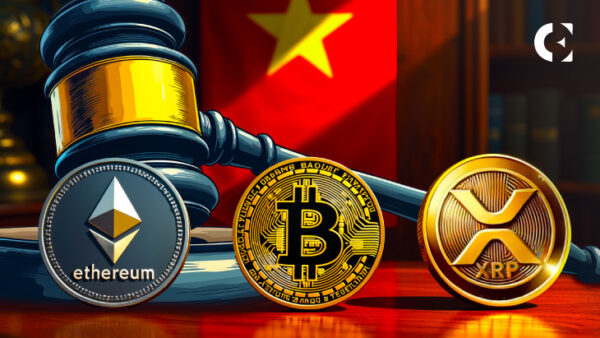- Vietnam limits crypto pilot to five exchanges, ensuring strict regulatory oversight.
- Vietnam’s crypto adoption ranks high, but legal protection remains unregulated.
- Vietnam’s cautious approach contrasts with stronger crypto regulations in Singapore, Japan.
Vietnam’s Ministry of Finance confirmed plans to start a cryptocurrency-exchange pilot program that will include no more than five licensed operators.
Deputy Finance Minister Nguyen Duc Chi said the move is part of a controlled rollout to evaluate market risks and investor protection before full legalization. He noted that no official proposals have been submitted yet but stressed that participants must meet capital, compliance, and consumer-protection requirements to qualify.
Framework Focuses on AML and Investor Safety
Officials plan to issue rules covering anti-money-laundering (AML) checks, capital adequacy, and consumer disclosure obligations. Those rules will serve as a template for how future licensed exchanges operate once Vietnam moves beyond the test phase.
Chi described the pilot as a necessary step to balance innovation with supervision while integrating digital-asset trading into Vietnam’s formal economy.
Vietnam’s Crypto Adoption Ranks Among World’s Highest
Vietnam continues to show one of the world’s highest crypto-adoption rates, ranking in the top ten globally, according to Chainalysis. Yet trading remains legally unrecognized, leaving investors without protection under national financial law.
Related: UAE Dominates Global Crypto Adoption, Vietnam Surges to Second
Analysts believe the pilot could mark the first major step toward regulated crypto trading and pave the way for licensed platforms that meet tax and reporting standards.
Experts Call It a Measured Path to Legitimacy
Local economists said the cap of five exchanges demonstrates Vietnam’s cautious but deliberate approach.
Financial analyst Phan Dung Khanh told state media that the program would help “offer safe and legal trading platforms for retail investors” once compliance rules are clear. Observers say a tightly supervised sandbox could help Vietnam avoid speculative excesses seen in other Asian markets while providing regulators with real-time data on risk.
Regional Comparison Highlights Different Regulatory Models
Vietnam’s limited pilot contrasts with the broader licensing frameworks in Singapore and Japan. Singapore’s Monetary Authority (MAS) has licensed over a dozen exchanges under its Payment Services Act, while Japan’s Financial Services Agency (FSA) oversees digital-asset trading under the Financial Instruments and Exchange Act.
Vietnam’s Finance Ministry is reportedly studying both models as references for future legislation. If successful, the pilot could lay the foundation for broader institutional participation and integration of crypto markets into Vietnam’s financial system.
Related: Vietnam Ramps Up Crypto Regulation: Legal Rules Coming This Month
Disclaimer: The information presented in this article is for informational and educational purposes only. The article does not constitute financial advice or advice of any kind. Coin Edition is not responsible for any losses incurred as a result of the utilization of content, products, or services mentioned. Readers are advised to exercise caution before taking any action related to the company.







